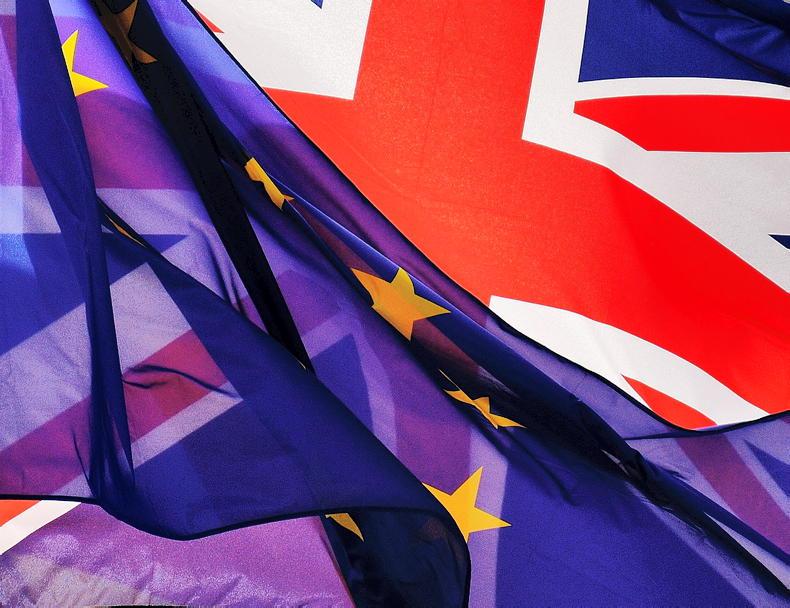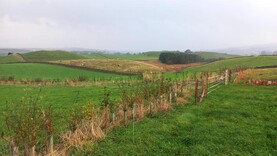While researching the implications of Brexit and the new EU/UK trade agreement on horse transport from Ireland, lines from many popular songs and poems went through my head but those from Gerry Rafferty’s Baker Street really resonated – “You used to think that it was so easy, you used to say that it was so easy, but you’re tryin’, you’re tryin’ now.”
Back in innocent pre–Brexit times there was a very sensible Tripartite Agreement between Ireland, Britain and France regarding the transport of horses to and from the three countries. It was simple and easy. The only real requirement was a valid passport.
That was then, but now, post–Brexit, the Tripartite Agreement is no more. As I studied the documentation I ran into a veritable blizzard of confusing acronyms – ITAHC, RVO, EHC, BCP, GBHC, SVI, IPAFFS, UNN, PVP, RVO and so on, which made me think that transporting horses is no longer easy and that Brexit has done horse trading and transport no favours at all.
Like Trumpism, it is ill-bred, backward-looking, selfish, autocratic and can only lead to trouble. That was my immediate reaction upon reading the Department of Agriculture’s seven page Trader Notice on horse transport from Ireland to the UK. That paper is available on the Horse Sport Ireland website and is a must read for anyone involved in the trade of horses from here to the UK. Historically most of our horses are sold there and the hope is that we can keep it that way.
We will get through This
Thankfully, horse tariffs have been avoided under the Brexit trade deal. But as one trader told me: “It is not free movement we are concerned with, but rather ease of movement.”
No matter how one looks at it, the new bipartite arrangement for horse trade into the UK will cause confusion, more paperwork, a five-day advance notice of shipping, delays at border control posts and extra driver costs.
Finally, those same problems will also arise for horses being exported to the Americas. Most of those are flown from places like Liege, Frankfort or Amsterdam and have to use the land bridge through the UK to get there.
All that said, no doubt we will adjust to this new situation not of our making. British horse people are just as inconvenienced as we are. They will still need our horses and we will have to find ways of getting them there as easily as possible.
Let’s hope that the strong trade experienced during the difficult last 12 months can be maintained in the years ahead.






 This is a subscriber-only article
This is a subscriber-only article










SHARING OPTIONS: